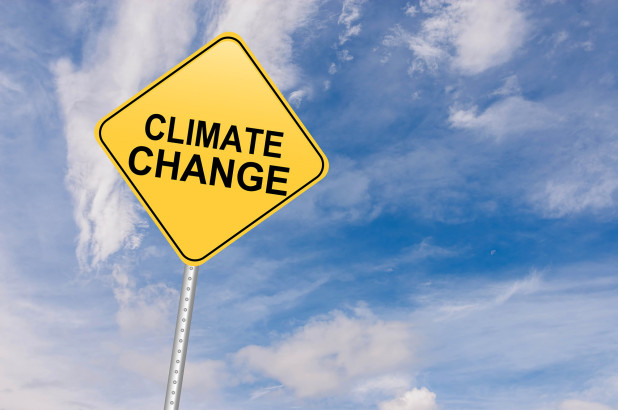

China could delay submitting it climate plans at least until after the US presidential election in November as officials focus on reviving the economy from an unprecedented slowdown, experts have warned.
The impact of the coronavirus pandemic on the climate diplomacy timetable has thrown uncertainty over when China, the world’s largest emitter, will issue updated climate policies to the UN. Such plans are due to be submitted this year.
Critical UN climate talks, known as Cop26, intended to spur more ambitious emissions cuts at the first five-year milestone of the 2015 Paris climate agreement, have been postponed to 2021 from the original date of November 2020 in Glasgow.
Governments had been under pressure to submit plans well before November, so the delay gives a little more time.
Under the Paris Agreement decision texts, countries are still expected “by 2020” both to update their climate policies lasting until 2030, known as nationally determined contributions (NDCs), and to publish a longer-term decarbonisation strategy. The deadline is widely interpreted as 31 December this year.
China has repeatedly said it would fulfil its commitments under the Paris accord and planning for its long-term strategy is under way.
On the fringe of the G20 summit last July, China vowed to publish its long-term decarbonisation strategy before the end of this year. It also committed to ramp up its NDC climate plan “in a manner representing a progression beyond the current one” but without providing a timeline.
Now reeling from an interruption of its productive capacity and a slashed growth forecast – the timetable for climate diplomacy has dropped down the list of Beijing’s priorities. More than 114,000 people have died worldwide from Covid-19.
China’s environment ministry did not respond to an email request for comment on exactly when it would publish its plans.
“It’s more unlikely now that China will come out with something before the US election,” said Dong Yue, research fellow at the Beijing-based think-tank Energy Foundation China, during a briefing of the Institute for Sustainable Development and International Relations (Iddri).
The US election – due on 3 November – could be a gamechanger for climate diplomacy.
The US will formally leave the Paris Agreement on 4 November following a decision by President Donald Trump. If elected, Democrat Joe Biden would immediately rejoin the agreement and could make the US a key player for climate action at the postponed Cop26.
“I would certainly expect China’s NDC submission after the US election,” said Kelly Sims Gallagher, a former senior advisor on China and climate change under the Obama administration and a professor of energy and environmental policy at the Fletcher School of Law and Diplomacy in Massachusetts, US.
While progress on China’s critical five-year-plan – Beijing’s top-level policy blueprint for 2021-2025 – is expected to go ahead this year, Beijing could wait for the election results to make international commitments, she told Climate Home News.
“If Biden beats Trump then there would also be time for the US to get its act together and reach out to China” to raise ambition, she added, citing the way the world’s two largest economies underpinned the Paris climate accord by agreeing emissions cuts in a 2014 deal.
Guest post from Climate Home News




